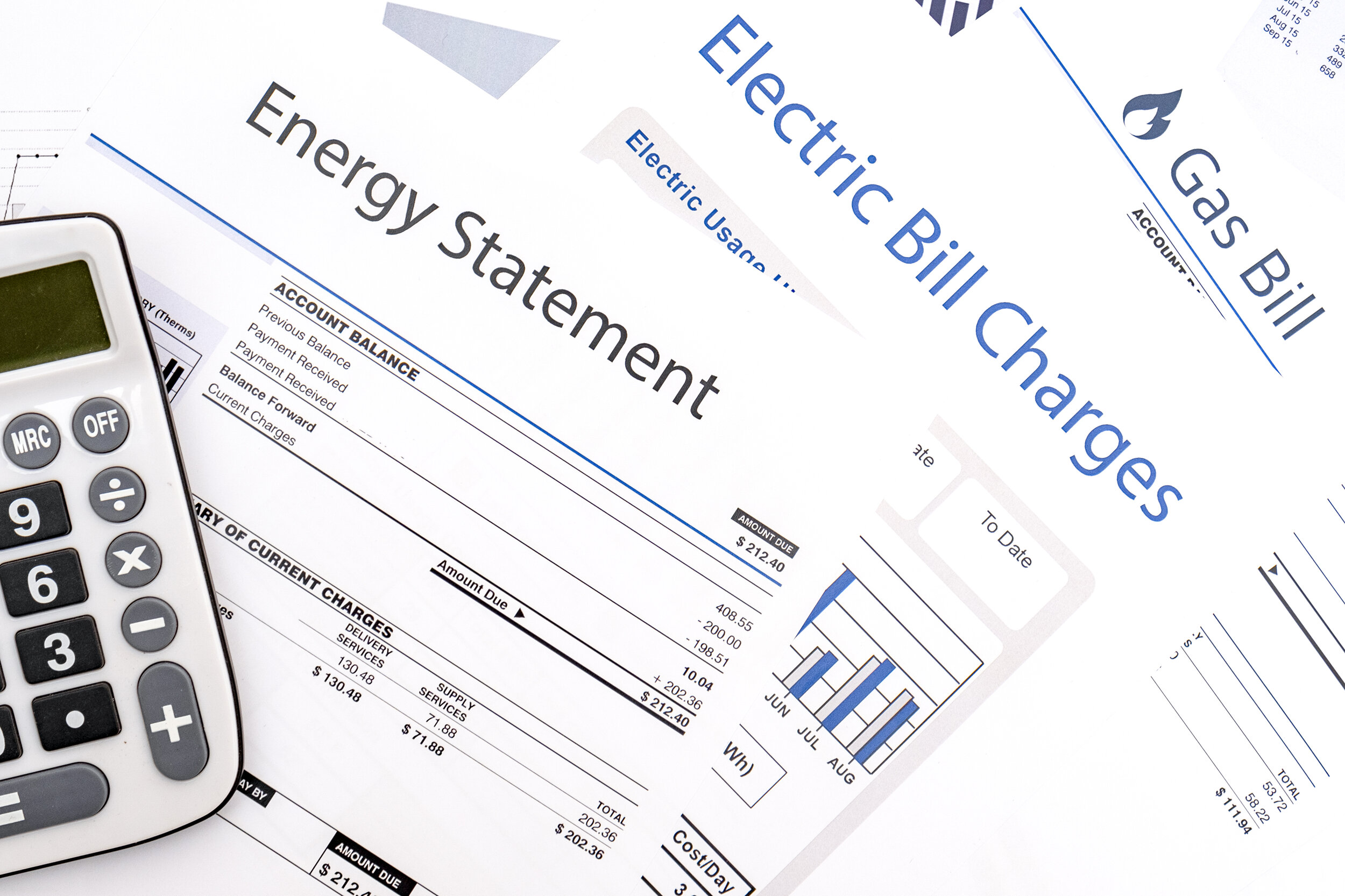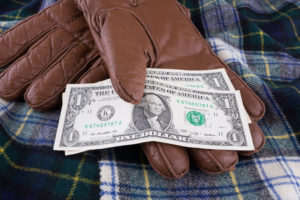A low-efficiency heating system will downgrade indoor comfort, increase your home energy bills, and break down more frequently. It pays to ensure that you have an efficient heater in your Broken Arrow home. Let's discuss some ways you can tell if your heater is efficient.
Age
Heaters generally last between 15 and 20 years. Their efficiency goes down as they age and wear. A new system will be more efficient than an older one, so the age of your current system should give you an idea of its efficiency.
AFUE
A heater's annual fuel utilization efficiency (AFUE) rating will help you tell whether your system is efficient. The measurement shows how much of the energy that the system consumes is converted into heat for your home. A system with an AFUE of 80% converts 80% of its energy into usable heat, and the other 20% is lost through the vents. Midefficiency heaters have an AFUE rating of 80% to 89%, whereas high-efficiency furnaces are rated at 90% and above.
Amount of Maintenance Received
Does a professional HVAC contractor perform maintenance on your heating system every year? Routine maintenance allows potential issues to be resolved early and improves your system's overall efficiency. Heating systems maintained diligently last longer. Without maintenance, a heater can lose as much as 5% of its overall efficiency annually. Your home's heater may be inefficient if it doesn't receive regular maintenance.
Energy Star Label
Another way to know if you have an efficient heater is by checking whether it has the federal Energy Star label. Heating systems labeled with the Energy Star logo have met the Environmental Protection Agency's strict energy-efficiency guidelines and are more efficient than standard models.
Your Energy Bills
If all other factors remain constant, your energy costs should be fairly equal. If your energy bills are much higher than those from the same period in previous years, that could signal that your heating system is less efficient. A less-efficient heater will work harder and longer to heat your house, resulting in higher energy bills.
You can establish whether you have an efficient heater by checking its age, efficiency rating, maintenance schedule, and Energy Star certification and comparing your energy bills. If you need heating-system maintenance, repair, or replacement in the Broken Arrow area, contact us at Air Assurance for assistance.



















